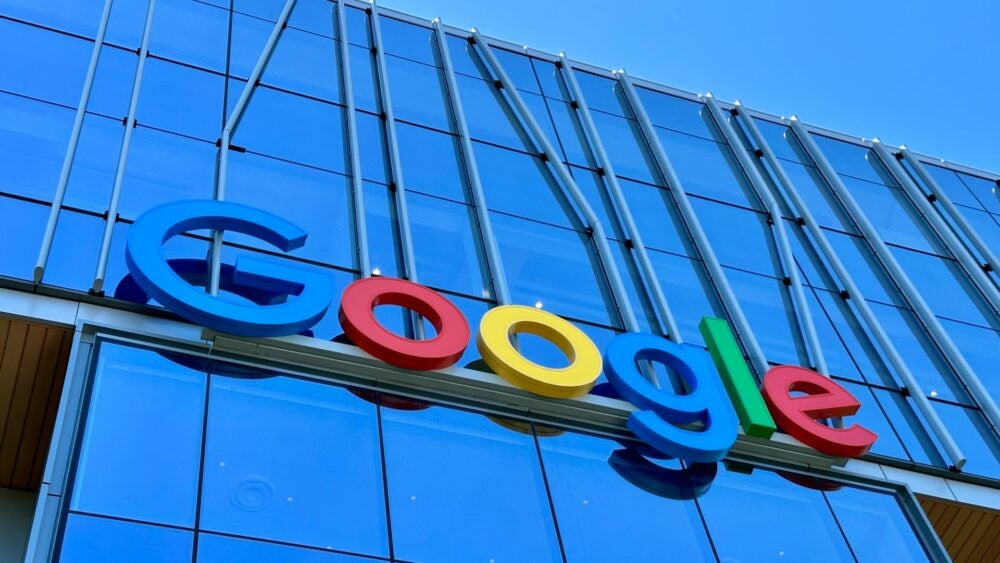Google’s divestiture of Chrome has emerged as one of the most consequential and hotly debated proposed remedies in US v. Google, the US government’s landmark antitrust case against Google for its illegal monopoly in online search. Key technical questions about the feasibility of Google spinning off Chrome remained muddled or unanswered after the remedies phase of the trial in April-May 2025.
A new report by the Knight-Georgetown Institute (KGI), “The Technical Feasibility of Divesting Google Chrome,” addresses these technical questions, showing how the divestiture of Chrome – together with its underlying open-source web browser project Chromium – is technically feasible. The report offers an in-depth engineering assessment of what it would take to successfully separate Chrome from Google – and succeed.
Despite Google’s doubts expressed during the remedies trial about whether any other company could maintain Chrome, the report demonstrates that a divested, independently operated Chrome could leverage well-established browser engineering to continue serving its existing user base of four billion people, with a browser that is on par with Microsoft Edge, Apple Safari, and Mozilla Firefox.
Key Findings
- An independent Chrome can successfully compete without Google: Chrome could continue to deliver a high-quality, secure browser at a global scale on par with competitors like Edge and Firefox.
- Google-operated services in Chrome can be rebuilt or replaced, with reasonable engineering investment and transitional support from Google: Services that users would expect in any major browser, including Safe Browsing, data syncing, and software updates, would be viable for a new owner to maintain or recreate, with court-ordered transition assistance from Google in some cases. Independent browsers operate many of these services today, providing engineering blueprints. Many other services in Chrome exist only to integrate with other Google products, are not present in competing browsers, and could be recreated or not at the new owner’s discretion.
- Proprietary Google software components can be licensed or substituted: A new Chrome owner could replace proprietary Google components (that support audio and video streaming) by leveraging available licensing models and proven alternatives in the market.
- Necessary engineering talent is obtainable: The required engineering expertise exists both inside and outside Google, with many engineers having previously moved from one browser vendor to another. Chrome’s new owner would need to focus on talent retention and recruitment, both in terms of compensation and by offering a compelling sense of mission for those interested in contributing to an endeavor broader than a single software product: the web’s continued development.
- Chromium can evolve without Google: The divestiture order should include the web browser project Chromium, ensure that it remains publicly accessible and open source, allow flexibility to determine its new governance structure, and remove Google’s decisionmaking authority over the project. Under those conditions, Chrome’s new owner together with the broader industry can foster Chromium’s continued development.
- User transition can be managed: While complex, transitioning software updates and user data are solvable engineering tasks. The court would need to ensure that Google provides the relevant technical and organizational documentation and software source code to bootstrap ChromeCo’s operations. These steps are within the norms of large-scale software transitions.
- Success would depend on the court imposing clear guardrails. Strong line-of-business restrictions prohibiting Google from reentering the browser market for at least 5-10 years are needed to ensure that ChromeCo can build the technical and business foundations to succeed.
Why this matters
This report fills a critical knowledge gap in the ongoing Google Chrome divestiture debate by providing a detailed, technically grounded assessment for how Chrome could operate independently of Google. As the court weighs the most appropriate search remedies, understanding what is technically possible – and what’s required to get there – is essential.
Resources
Download the Report
Executive Summary
Press Release



